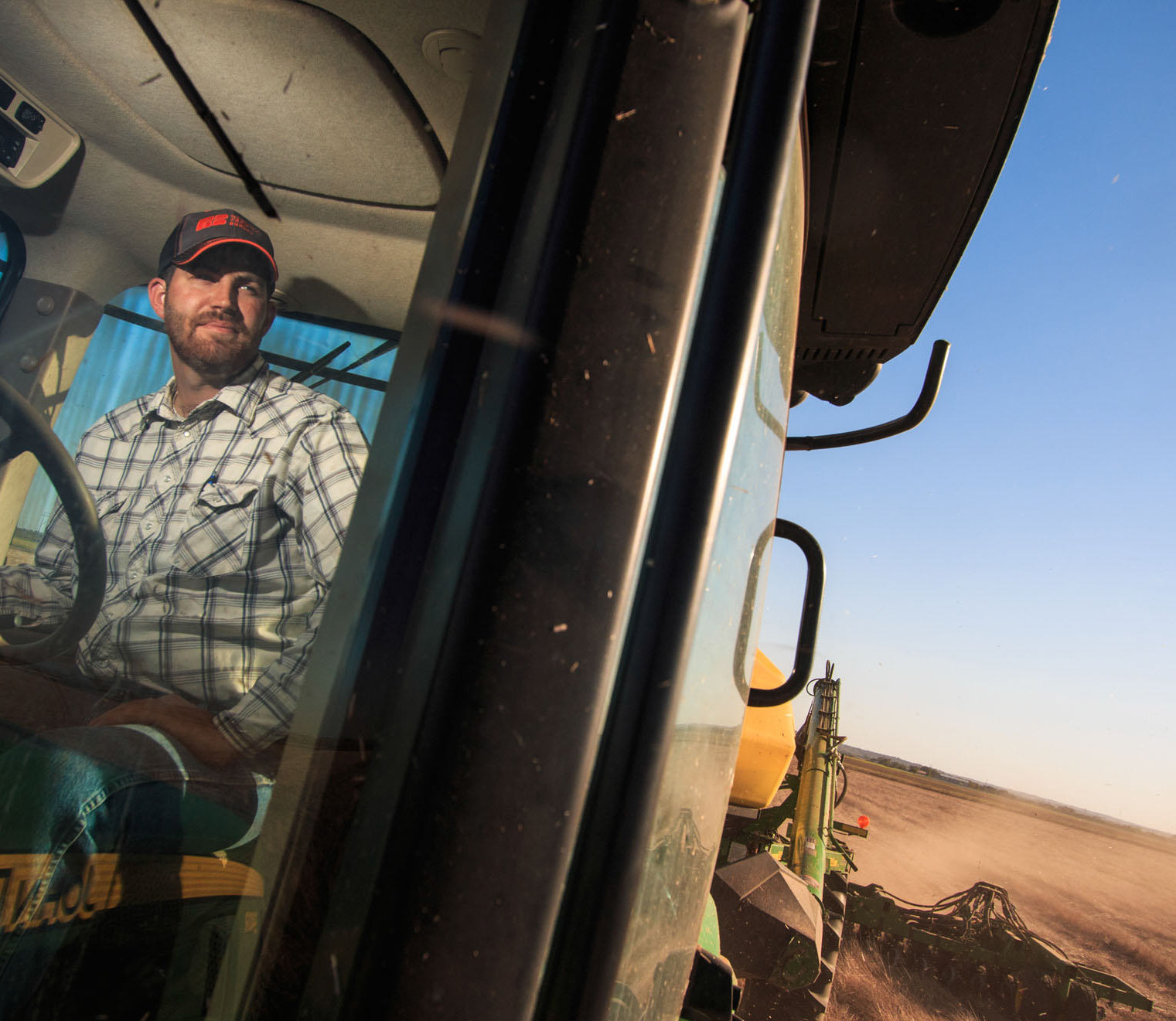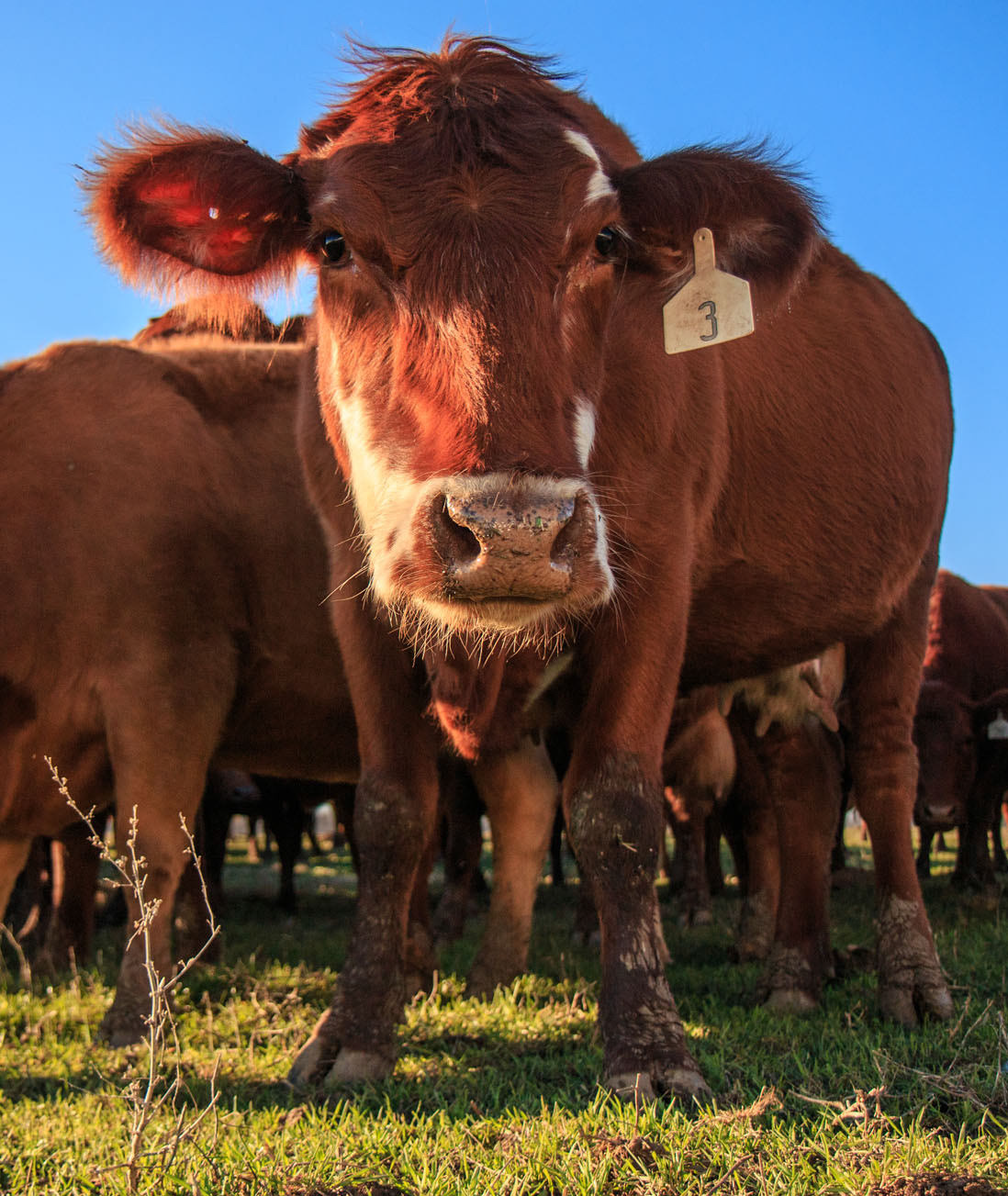Oklahoma’s agricultural industry is a big part of our state’s economy and impacts our way of life on a daily basis. State Question 777, the Right to Farm amendment, will secure Oklahoma’s economic  future, expand food choice for Oklahomans and help address food insecurity across our state. It will also protect the rights of Oklahoma farmers of all sizes, including small, organic and family farms.
future, expand food choice for Oklahomans and help address food insecurity across our state. It will also protect the rights of Oklahoma farmers of all sizes, including small, organic and family farms.
Ninety-eight percent of Oklahoma farms are family-owned and operated. SQ 777 would protect their right to operate in a safe and responsible manner without overregulation by the government or out-of-state activist groups.
Our Oklahoma farmers and ranchers provide affordable options to more than 656,000 Oklahomans who struggle with food insecurity. SQ 777 will help prevent unnecessary government intervention that could drive up the price of food for consumers and make it difficult for farmers to do their jobs.
FREQUENTLY ASKED QUESTIONS
What is “Right to Farm,” State Question 777?
State Question 777 is a proposed amendment to the Oklahoma Constitution that will protect farming and ranching practices for farmers large and small across our state, giving consumers more choices and more affordable food options. Oklahomans will have an opportunity to vote on the amendment at the general election on Nov. 8, 2016.
 How did SQ 777 get on the Oklahoma ballot?
How did SQ 777 get on the Oklahoma ballot?
After seeing the negative impact national activist groups were having on farms and ranches in other states, families across Oklahoma presented the “Right to Farm” amendment to the Oklahoma Farm Bureau. The Oklahoma Farm Bureau membership recognized the importance of this issue and added it to their public policy priorities.
In April 2015, Rep. Scott Biggs supported these family farmers and ranchers, sponsoring a resolution to place SQ 777 on the ballot. The measure passed overwhelmingly in both chambers with a 39-6 vote in the Oklahoma Senate and an 85-7 vote in the Oklahoma House of Representatives. On April 30, 2015, the amendment was filed with the Oklahoma Secretary of State.
Who supports SQ 777?
Oklahoman’s across our state in rural and urban areas support SQ 777, including Oklahoma family farmers and ranchers, who make up 98 percent of Oklahoma’s farms, as well as numerous grassroots agricultural groups. Organizations supporting the question include Oklahoma Farm Bureau, Oklahoma Cattlemen’s Association, Oklahoma Pork Council, Oklahoma Agricultural Cooperative Council, The Poultry Federation, American Farmers and Ranchers, Oklahoma Wheat Growers Association, Oklahoma Grain and Feed Association, Oklahoma Agribusiness Retailers Association, Oklahoma Cotton Council and the Oklahoma Sorghum Association.
Why is “Right to Farm” necessary?
As a state that benefits significantly from agriculture, we must uphold our citizens’ constitutional right to work and manage their personal property. SQ 777 would protect these constitutional rights by limiting lawmakers’ ability to interfere unless the health and safety of Oklahoma citizens is threatened or another compelling state interest arises, such as water quality. SQ 777 would:
- Allow Oklahoma’s farmers and ranchers to continue to provide livelihoods for their families, while supplying essential food to families across the state.
- Protect Oklahomans’ food choices and access to affordable food, which is vital to the 17 percent (656,000) of Oklahomans who struggle with food insecurity.
- Protect all farmers and ranchers in Oklahoma, including small, urban, organic and hobby farmers, allowing consumers to have access to a wide range of locally grown food choices.
- Ensure future generations have the opportunity to continue to access scientifically proven technology to produce quality food and fiber safely and efficiently.
- Allow Oklahomans to determine what our agriculture looks like rather than having our future defined by large, out-of-state special interest groups.
- Ensure related laws, statutes and ordinances enacted prior to Dec. 31, 2014, are upheld.
What does the amendment say?
The full text states:
To protect agriculture as a vital sector of Oklahoma’s economy, which provides food, energy, health benefits, and security and is the foundation and stabilizing force of Oklahoma’s economy, the rights of citizens and lawful residents of Oklahoma to engage in farming and ranching practices shall be forever guaranteed in this state. The Legislature shall pass no law which abridges the right of citizens and lawful residents of Oklahoma to employ agricultural technology and livestock production and ranching practices without a compelling state interest.
rights of citizens and lawful residents of Oklahoma to engage in farming and ranching practices shall be forever guaranteed in this state. The Legislature shall pass no law which abridges the right of citizens and lawful residents of Oklahoma to employ agricultural technology and livestock production and ranching practices without a compelling state interest.
Nothing in this section shall be construed to modify any provision of common law or statutes relating to trespass, eminent domain, dominance of mineral interests, easements, rights of way or any other property rights. Nothing in this section shall be construed to modify or affect any statute or ordinance enacted by the Legislature or any political subdivision prior to December 31, 2014.
What is a “compelling state interest?” and why is that language included?
The Right to Farm amendment will protect agriculture, but not to the detriment of Oklahoma’s water quality, animal welfare or public safety. The “compelling state interest” language is a safeguard to protect the health, safety and welfare of Oklahoma citizens. Laws and regulations that are necessary and are already in place to protect the health, safety and welfare of Oklahoma citizens, animal welfare, water quality, etc., will not be affected by SQ 777.
How will SQ 777 impact Oklahomans?
Provide Food Choice
SQ 777 will protect your right to choose the food you feel is appropriate for your family, with access to affordable, local food options. Those choices are available when farmers and ranchers are afforded the freedom to make production decisions based on their natural resources, landscape, weather patterns, insect and disease pressures, and family and business dynamics. In some states, activist groups have succeeded in lobbying legislators to pass laws that limit or change farming and ranching practices, resulting in less choice and higher cost food. This has a significant impact on low-income consumers, who need access to the affordable, safe and healthy options. SQ 777 would protect against activist groups lobbying for their own agenda to the detriment of Oklahoma citizens.
Strengthen Oklahoma’s Economy
Agriculture directly provided more than 200,000 jobs with a total economic impact of $39.6 billion in 2013. One in nine Oklahoma exports is an agricultural commodity, contributing $1.9 billion to the state’s economy. In 2015, the Oklahoma Department of Commerce identified agriculture and bioscience as the fourth strongest economic industry in the state with regard to growth potential, wages, wealth generation and other defining criteria.
 Protect Animal Welfare
Protect Animal Welfare
Oklahoma’s farmers and ranchers are dedicated to the health and welfare of the animals under their care. As such, farmers and ranchers implement animal husbandry best practices based on extensive research. To ensure all Oklahomans are caring for animals appropriately, the state has enacted strong animal welfare laws that will not be changed or impacted by SQ 777.
Ensure Food Safety
The formulation and application of any crop protection product must be approved by the Environmental Protection Agency, which places priority on protecting our people and environment. The United States Department of Agriculture is responsible for testing crops to ensure they meet regulatory requirements and the Food and Drug Administration has authority to enforce penalties for noncompliance. With SQ 777, farmers and ranchers will continue to be required to comply with EPA, FDA and USDA regulations.
Encourage Environmental Stewardship
Oklahoma’s farmers and ranchers have, and will continue to make great strides in conserving the state’s natural resources. Advances in technology allow them to harvest more bountiful commodity crops and produce more meat, milk, eggs and produce while using less water, reducing soil erosion and using fewer chemical inputs. Due to the voluntary conservation practices of farmers, ranchers and private landowners, Oklahoma leads the nation for EPA recognized water-quality success stories. Since 2007, 55 streams that drain 3.9 million acres of land have been removed from the impaired list – 1.5 million more acres than any other state. During Oklahoma’s record drought that ended in 2015, voluntary conservation practices by farmers and ranchers prevented the state from experiencing another Dust Bowl. SQ 777 will allow Oklahoma’s farmers and ranchers to continue to improve on voluntary, best management conservation practices.
crops and produce more meat, milk, eggs and produce while using less water, reducing soil erosion and using fewer chemical inputs. Due to the voluntary conservation practices of farmers, ranchers and private landowners, Oklahoma leads the nation for EPA recognized water-quality success stories. Since 2007, 55 streams that drain 3.9 million acres of land have been removed from the impaired list – 1.5 million more acres than any other state. During Oklahoma’s record drought that ended in 2015, voluntary conservation practices by farmers and ranchers prevented the state from experiencing another Dust Bowl. SQ 777 will allow Oklahoma’s farmers and ranchers to continue to improve on voluntary, best management conservation practices.
Secure Private Property Rights
Oklahoma’s successful agriculture framework is built upon the ideals that individuals have the right to own property and use it to produce social and economic benefits for themselves and their communities. SQ 777 will help protect all Oklahoman’s private property rights, prohibiting unnecessary and burdensome laws and regulations that would dictate how personal property can or cannot be used to produce food and fiber products in the state.
 Sustain Oklahoma’s Agricultural Legacy
Sustain Oklahoma’s Agricultural Legacy
Oklahoma was founded with agricultural roots. By 1907, the new state had more than 62,000 farms. Today, Oklahoma is home to 78,000 farms, more than 98 percent of which are family-owned and operated. While many other industries are characterized by large, diversified corporations, agriculture in Oklahoma is dominated by family farms. This is in large part due to the fact that agriculture faces a unique set of challenges requiring extensive knowledge of the local soil, pests, animal behavior and weather patterns; knowledge passed down through many generations of family farmers and ranchers. The average age of farmers and ranchers in Oklahoma is 58. To sustain and grow Oklahoma’s agriculture industry, the state must encourage young people to get involved. SQ 777 will foster an environment where young, beginning and small farmers and ranchers have an opportunity to succeed.
What other industries are protected by a constitutional amendment like SQ 777?
In 2008, Oklahoma voters overwhelmingly approved SQ 742, the Oklahoma Right to Hunt and Fish Amendment. Hunting and fishing provides a tremendous economic benefit to Oklahoma’s tourism industry. While the Right to Hunt and Fish is protected in the Oklahoma constitution, hunting and fishing is still subject to reasonable laws and regulation to protect the health, safety and welfare of Oklahoma citizens and game species. For example, there are legal hunting seasons and limits on the number of animals that can be harvested; and hunting is prohibited in certain geographical areas. Similarly, Right to Farm will protect Oklahomans and the agriculture industry which contributes significantly to our state.
Where else has Right to Farm been passed? What effect has this had on those states?
Right to Farm has been passed in Missouri and North Dakota. In each of these states, the amendment has provided extra protection for the rights of farmers and ranchers. These farmers and ranchers continue to use responsible farming and ranching practices and remain dedicated to the welfare of their animals and the environment.
